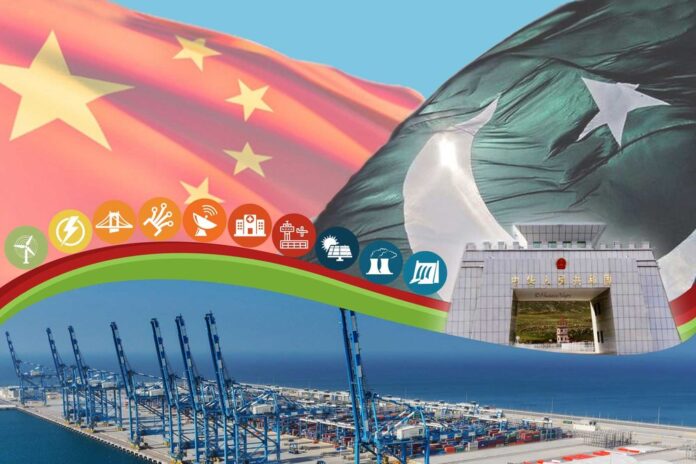Pakistan on Saturday decided to seek a rollover of a $3 billion Chinese trade finance facility which the country cannot afford to pay back when the facility expires in May next year.
According to a report by the Express Tribune, the State Bank of Pakistan (SBP) has fully tapped the $3 billion or 20 billion Chinese yuan in the additional trade finance facility available under the China-Pakistan currency swap arrangement as stated in SBP’s financial accounts for the fiscal year 2019-20 (FY20).
It is pertinent to mention here that most of the funds, originally meant to promote bilateral trade in respective local currencies, were utilised to repay maturing foreign debt and keeping gross foreign currency reserves at comfortable levels.
The bilateral currency swap agreement (CSA) was reached by the SBP and the Peoples Bank of China (PBOC) in December 2011 “to promote bilateral trade, finance direct investment and provide short-term liquidity support”, according to the central bank.
“The state bank purchased and utilised Rs475 billion during the year with the maturity buckets of three months to one year,” said the SBP’s financial statement.
“We plan to roll over the CSA (currency swap agreement) for another three years in 2021,” said a spokesman for SBP, adding that the $3 billion money is part of the current $12.1 billion in foreign currency reserves held by the central bank.
Failing to secure an extension of the loan’s expiry date, the SBP will be liable to repay China $3 billion by using dollars to buy Chinese yuan, a move that is certain to impact the country’s foreign reserves.
Furthermore, another $4 billion short-term loan that Pakistan borrowed from Saudi Arabia and the United Arab Emirates will also mature in the next few months.
Moreover, the government is still struggling with the restoration of IMF’s $6 billion programme which remains suspended as the international monetary organisation continues to insist on a mini-budget and increased electricity tariffs in Pakistan while the country faces constantly high inflation.
Delay in the restoration of IMF’s programme may damage programme loans which were critical to returning the $10.6 billion in maturing loans in the current fiscal year.




